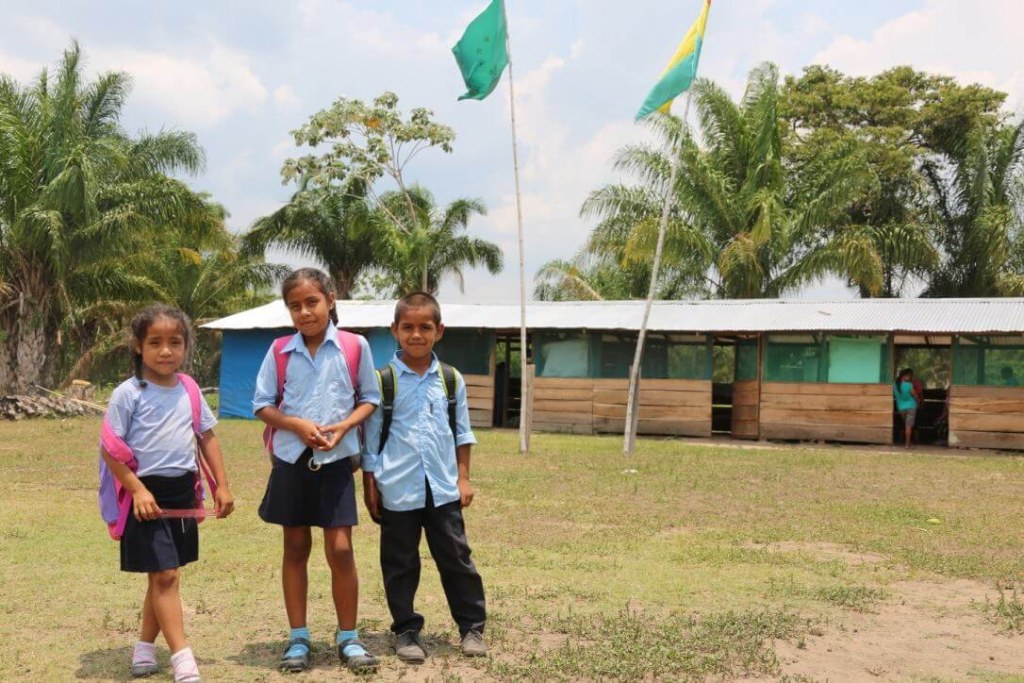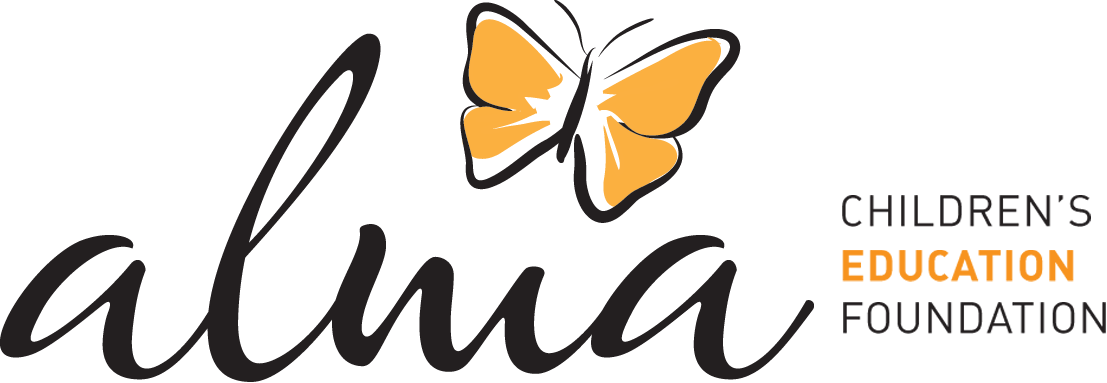
We began the implementation of our department-wide training program with the Dirección Departamental de Educación (DDE) of Beni, Bolivia in August 2020. Though we had strong support from the DDE-Beni since the beginning of the coordination, research, and development process of the large training program, encompassing both rural and urban proposals for preschool primary, and secondary school levels in addition to complimentary material such as our pedagogy manual for parents and a virtual classroom management manual, now that the trainings are in process enthusiasm for including Alma in the Department of Beni’s formal curriculum is growing even stronger.
In early August 2020, the Bolivian Ministry of Education formally suspended the school year for students and explained that teachers should receive additional training through the end of the 2020 school year. In practice, however, many teachers and students are still implementing at-distance or virtual classes, especially for graduating primary and secondary school students. The need to show completion of necessary course content and competencies is even more pronounced in the case of Bolivia’s technical secondary schools, in which students study and train in a trade skill parallel to their regular secondary school studies. The Ministry of Education and the Departmental Directions are concerned about awarding graduating students technical certificates without their completion of their final year of studies. Therefore, the DDE-Beni asked Alma to create an additional proposal for Beni’s 104 technical secondary schools.
After an initial diagnostic analysis of the state of Beni’s technical secondary school, Alma discovered that the majority of the schools in the Department of Beni and in Bolivia as a whole, do not have the basic materials available nor certified teachers to train students in the 20 technical specializations offered in the technical secondary schools. In Beni, there are 20 distinct specializations offered. In addition, there is no curricular norms or formats for the technical secondary schools to follow.
After careful review of resources and capacity, Alma offered to cover 7 of the 20 technical specializations offered, covering 61 of the 104 technical secondary schools in Beni. BY grouping similar technical areas, Alma will create 4 proposals based in practical micro-projects developed by Alma’s pedagogy specialists and contracted specialists in each technical area. The micro-projects will challenge students to deepen their understanding of content theory while also implementing the practical aspects of their studies in their projects.
The DDE-Beni reviewed and accepted Alma’s proposal, with the agreed upon plan to expand the project to all 20 technical specializations and the remaining 44 technical secondary schools in 2021. In addition, because the same problems exist among technical secondary schools at a notional level, the DDE-Beni hopes to elevate Alma’s curriculum proposal to the national level through the Ministry of Education in 2021 or 2022.
Products of the project:
- Training program for teachers and administrators in the technical secondary schools
- 4 distinct proposals for 7 selected technical specializations
- Manual for teachers detailing strategies, tools, and theories covered in training program
- 4 distinct manuals for students for 7 selected technical specializations
- Evaluative tools for teachers and administrators to monitor and measure impact of strategies and tools on students’ learning
Selected technical specializations for 2020:
| SISTEMAS COMPUTACIONALES |
| SISTEMAS INFORMÁTICOS |
| TRANSFORMACIÓN DE ALIMENTOS |
| GASTRONOMÍA |
| AGROPECUARIA |
| VETERINARIA Y ZOOTECNIA |
| AGROECOLOGÍA |
| GESTIÓN AMBIENTAL AGROECOLÓGICA |
Beneficiaries 2020:
- 64 Administrators from the DDE-Beni and 14 Districts of Beni, Bolivia
- N/A teachers from the DDE-Beni, Bolivia
- 1,103 students from the 61 included schools in the Department of Beni, Bolivia
Project timeline:
- September 2020: Proposal research and development, focus group validation
- October-November 2020 – Training and implementation with teachers of 61 participating schools
- December 2020- January 2021– Impact evaluation
- February-November 2021 – Additional proposal research and development, focus group validation, and training and implementation expansion to 44 additional schools
- December 2020- January 2022– Impact evaluation and elevation to national level through Ministry of Education
